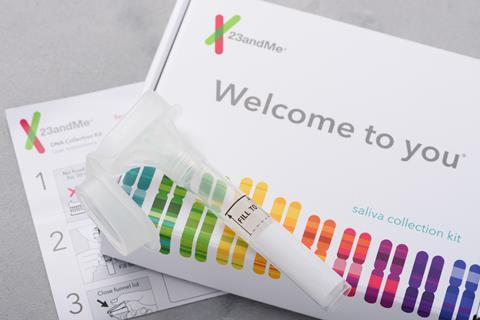
DNA testing firm 23andMe has filed for bankruptcy protection in the US. Chief executive Anne Wojcicki has stepped down, after several failed bids to buy the company herself. The Chapter 11 process will allow the loss-making company to restructure and sell itself, with protection from its creditors. Perhaps the biggest question this raises is: what happens to the millions of people’s genetic data and samples that the company currently holds?
The writing has been on the wall at 23andMe for a while, now. Despite partnerships with GSK and Genentech, aimed at using its genetic databank to develop new therapies, more extensive collaborations have not been forthcoming. A huge data breach in 2023 exposed millions of users’ personal and genetic information, adding to questions about the company’s security. In November 2024, it laid off 200 staff – 40% of its workforce, and halted all its drug development projects.
So what went wrong? Various factors seem to have contributed to 23andMe’s decline. Its kits are a one-time product, so there is little prospect of repeat sales. In the absence of significant revenue from selling access to its datasets, declining kit sales add to the company’s woes. There are also concerns about the kits’ reliability and value in predicting disease risks. The tests appeal to a certain slice of the population with enough of an interest in their genetic information and enough money to pay for them. That means the dataset – while very large – is inherently skewed towards certain demographics, which limits its value in searching for new therapies.
But the dataset is far from worthless. It potentially gives whoever buys the company out of bankruptcy insight into the lives of millions of people. 23andMe has sought to assure its customers that any sale will preserve its privacy agreements with customers and the legal status of the data it holds. There are concerns, however, that data could be opened up to health insurers who might decide to deny coverage for certain conditions, or to law enforcement bodies to search for suspects. Because 23andMe is not classed as a healthcare company, the legal protections on the genetic data it holds are less strict than they are for other holders of genetic data.
Individuals have the right to opt out of sharing their data, or to ask the company to erase their data and destroy any remaining samples of their genetic material. California’s attorney general, Rob Bonta, issued a public alert recommending customers consider doing exactly that. Perhaps such worries will turn out to be unfounded, but when it comes to such deeply personal data, people need to decide for themselves how much risk they’re willing to accept.











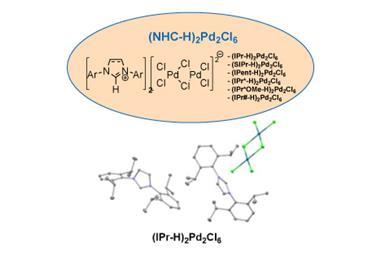
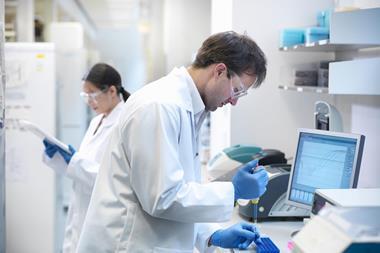


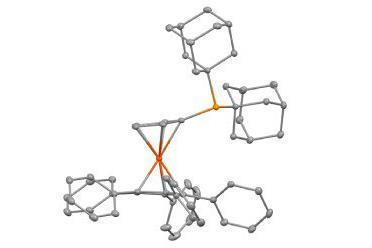
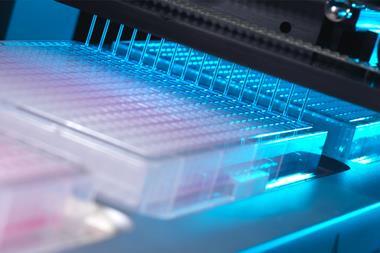
No comments yet